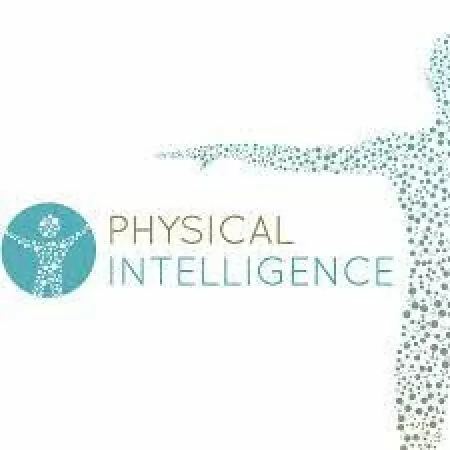Top 10 Psychological Tricks to Boost Your IQ
It's typical to conceive of intellect as something you're born with. After all, some people make being clever appear effortless. However, intelligence is not a fixed characteristic. It is a variable, adaptable ability to learn and excite your brain that may improve with time. The idea is to develop lifestyle behaviors that support and protect your brain. Continue reading to find out what research has to say about how you can improve both your crystallized and flexible intelligence.
6
Emotional Perception

Many of the most intelligent people are bright, wise individuals with a good eye for social nuances. They are able to detect physical and emotional signs that the rest of the world misses, providing them an advantage in most social situations. But how do you teach your brain to recognize these small cues? Before you can comprehend another person's ideas or emotions, you must first notice sensory information such as body language, facial expressions, and tone of voice. Each piece of sensory information contributes to your understanding of a person's mood, attitude, or character, which influences how they act and speak. People-watching is an excellent technique to hone your observational skills. Sitting in a public place exposes you to a wide range of physical cues, emotional states, and social pairings, providing you with real-world experience and a more complete understanding of how people interact. You'll develop a keen eye for physical signs and the various messages hidden behind them. You'd be shocked at how much you can learn just by watching the world go by.
7
Challenging Discussions

Life is full of intricate mysteries, many of which will never be solved by humans. However, seeking to unravel those mysteries can be one of the most beneficial brain exercises. Sit down with a friend and try to debate one of the universe's many mysteries if you want to improve your intelligence. Challenge your thoughts along the way. Investigate your uncertainties. Pose impossible questions and provide impossible solutions. You are not required to end your discussions with definite or detailed answers. In fact, you may be more perplexed by the finish than you were at the start. But that's fine. Because thinking about life's riddles, even if you get them incorrect, expands your intelligence in ways that nothing else can.
8
Linguistic Excellence

Do you want to be a better public speaker? What about a writer who is both detailed and eloquent? Linguistic intelligence is a rare intellectual ability that enables you to express yourself in novel and impactful ways. A furious speech, for example, can excite big groups of people, but dynamic works of fiction can pique the interest of readers worldwide. The simplest strategy to develop linguistic brilliance is to engage with language as frequently as possible. Every day, I read. Write poetry or stories. Speak to as many individuals as possible. If feasible, learn a new language. The more you use these skills, the stronger they will become. Those blazing speeches and powerful fiction will eventually come naturally if you practice hard enough.
9
Scientific Development

Our society is impatient intellectually. We rarely pause to consider all of the possibilities when we wish to answer a question. Instead, we enter the question into our cellphones and have the answer in seconds. However, the immediate nature of that knowledge dulls your scientific thinking. Here's an exercise you can do practically every day to improve your IQ. When you ask a question or solve a problem, don't look up the answer. Make an educated guess instead. Only until you've written down your best guess on a piece of paper may you access your phone and browse the Internet. This may appear to be a worthless activity, yet it gives you an important skill set. Creating hypotheses encourages you to make meaningful conclusions from limited data. This allows you to make more informed decisions, draw more nuanced conclusions, and detect relevant patterns in the world around you.
10
Physical Intellect

Motor capabilities such as movement, balance, and coordination are sometimes overlooked in discussions about intelligence. However, each one plays a demanding cognitive role in unlocking advanced talents such as social coordination and emotional expressiveness. Many meditation activities, for example, combine physical and mental exercise to stimulate your mind and encourage sophisticated thought. You don't have to run marathons or bench-press 300 pounds to be a confident intellectual. Still, if you want to progress intellectually, you need to connect with your body and develop a physically stimulating habit. Playing sports once a week, for example, can teach you a wide range of abilities, from collaboration and coordination to patience and self-control. You don't have to be the fittest person on earth, but working out your body often works out your mind.
Suitable for you
02-07-2023 cookie
01-07-2023 cookie
26-06-2023 cookie
12-06-2023 cookie
03-06-2023 cookie
